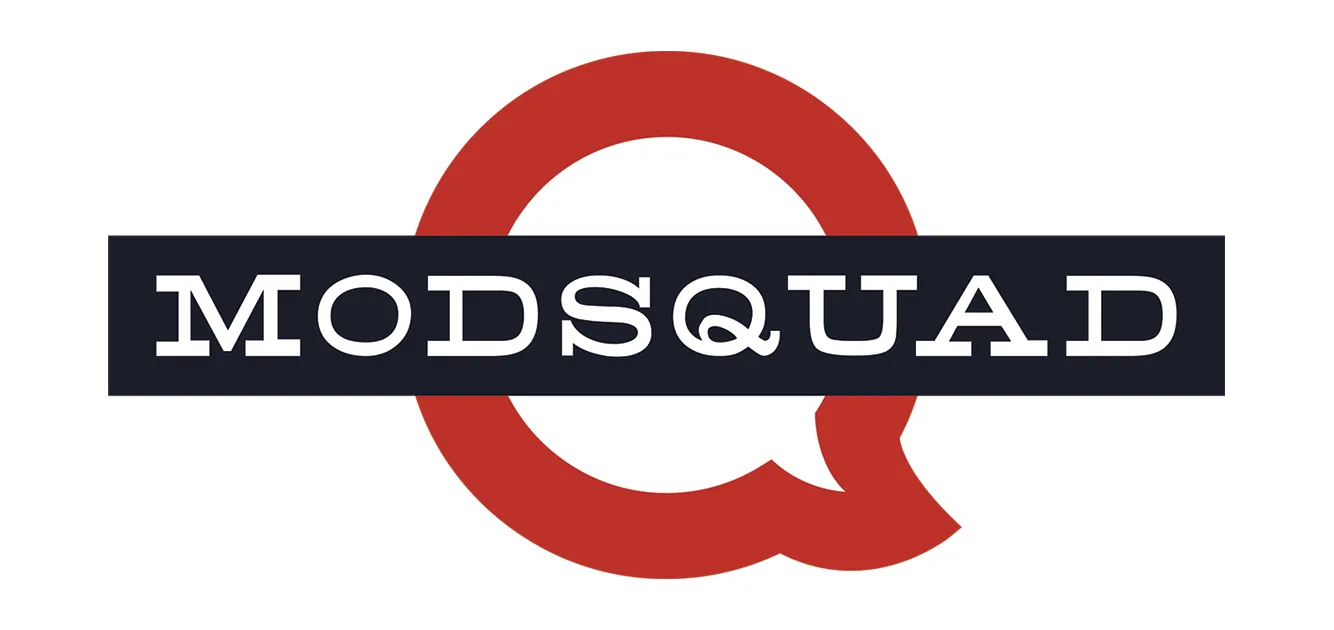
Reversing Negativity
By Sanya Weathers
I love challenges, but salvaging a community that’s gone into a negative death spiral is one of those challenges where success is “less hate” as opposed to “an absence of hate.” In other words, even winning still tastes kind of bitter. This is okay in a fermented beverage, but less than ideal for a community manager.
It should also be noted that many of the reasons for a death spiral can be traced back to a disconnect between the community managers and the decision makers. You know that old saying, “if you find yourself in a hole, first stop digging”? A community manager can’t stop digging. He can only stop talking. Community management is a deeply collaborative art, involving the support and hard work of the entire company.
But there’s the ideal, and then there’s what we get. So let’s take a look at some tips and tricks that can stop negativity in its tracks – and with proper followup, even reverse the trend.
– Don’t add negativity. That means no blaming, no arguing, and no long explanations about why the negative person is wrong. If they’ve got their facts wrong about something concrete, like “OMG, five class types isn’t enough” and your game offers eight, by all means straighten them out. But if the issue causing negativity is more subjective, don’t get in there and wrestle.
Make your contributions positive. Focus on what is being done, what is being said, what is under discussion. Acknowledge the passion of the users (but be careful with empathy – that can make you sound in agreement with the ones being negative). Look for posts and points to agree with, as opposed to points to refute.
– Don’t respond to direct attacks with engagement. Respond indirectly. Someone attacking with all guns blazing has something else going on, and no amount of engagement on your part will help. You need to utterly ignore this person, or respond blandly. That doesn’t mean ignore the feedback, or don’t respond at all. Dig through the feedback. Is there anything you can agree with? Rephrase the posts until the language is civil. Is there a valid point underneath the vitriol?
Once you have the information, then you can respond. You can make your own post. You can respond to the most reasonable of the people in the camp of the crazy attacker – a technique that works on multiple levels.
– Choose your own, better motivation for the attacker. I saw this one in an inflight magazine, and it works. Imagine you’re playing in a golf tournament (note to inflight magazines – really, not all of us play golf, give it a rest already). Someone in the… stands? Gallery? Whatever you call the audience. Someone is mimicking your swing. He’s exaggerating the things in your swing that are wrong. You’d feel defensive, right? You might think he was making you look foolish.
Here’s the mental adjustment. Instead of a heckler, imagine this guy is actually your coach. He’s not exaggerating your swing to make you look stupid, he’s doing it so you can better see what you’re doing wrong and adjust accordingly.
If you can make this mental leap, the results will blow your mind. All the energy you were spending on being defensive and hurt goes into solving the problem.
– Appeal to authority. Sometimes the customers just want to hear it from someone in charge. If the community team has been repeating a particular message, but the situation has gotten so out of hand that none of the community members are listening, bring in the highest ranking employee possible. Lead designer, CEO, whatever it takes.
This is why I tend to advise companies to keep one key team member from posting regularly. Having a big gun in reserve is good strategy.
The key element of this technique is the community manager’s ability to separate ego from the task at hand. Remember, the death spiral may not be the CM’s fault, but plenty of CMs are afraid to ask for help lest someone blame their management of the situation. I don’t deny that there are companies that like to shoot the messenger. PSA for CMs working for a company like that: You’re eventually going to get fired anyway. There’s only so many times you can play Messenger Roulette before you catch the bullet instead of the empty chamber. So don’t worry about it. Assess the situation, and if you need back up, ask for it. The community is more important than your ego.
– Remove the audience and listen. Pull as many of the angry players into a small focus group. Ask them meaningful questions, and listen to the answers. Put them under NDA and respond with a level of detail that qualifies as TMI for the wider community.
By removing the audience, it lowers the emotional temperature for you and for them. It also tends to help people reduce the issue to what really matters. By asking meaningful questions, you prove you’ve been listening all along (and not feeling heard is a major cause of anger). By listening to the answers, you might learn something. And by treating the angry people as colleagues worthy of rational, reasoned discussion, you make them into insiders… and everyone wins.

